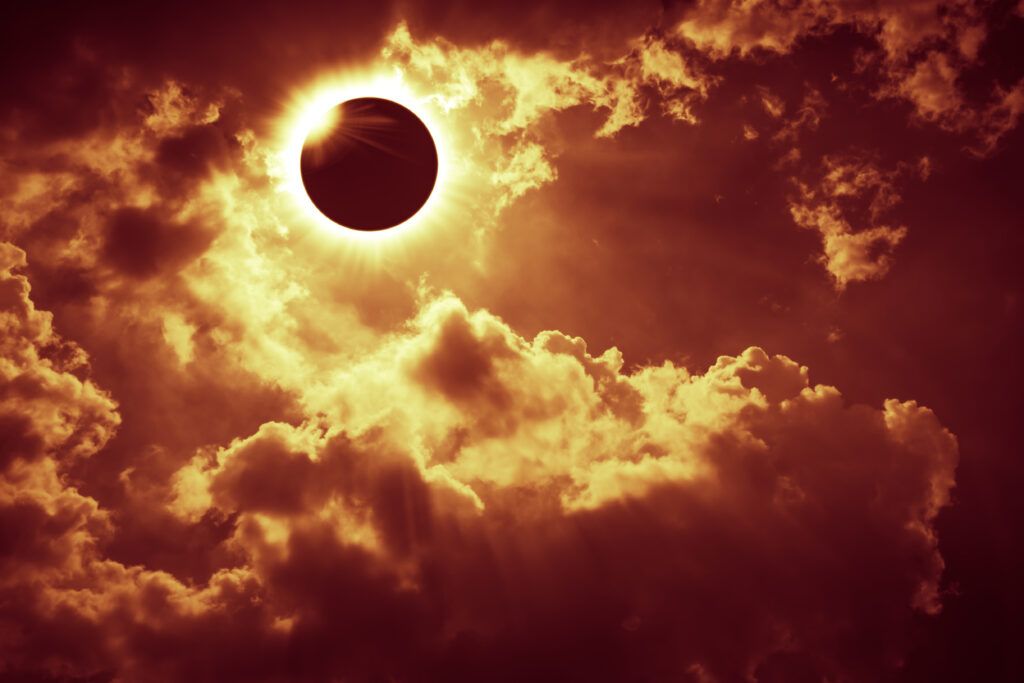On August 21, a good portion of the United States will be witness to a history-making total solar eclipse.
From coast to coast, eager eclipse-watchers will be traveling to get a glimpse of the rare celestial phenomenon – one that hasn’t happened in 99 years. While the event is a chance for people to learn more about the incredible workings of space and science, astronomer Dr. Hugh Ross hopes it might also be a life-changing spiritual experience.
“The Bible says the heavens declare the glory of God, but not that many people have actually seen the heavens in a sufficient way to see the glory,” Ross tells Guideposts.org, explaining that eclipse-watchers, especially those in big cities, will be able to see stars and planets much clearer during the event when the moon totally blocks the sun.
“One of the things I’m looking forward to is people who live in Chicago, or Los Angeles, or New York, with this eclipse, instead of seeing 100 stars in the sky, they’re going to see 12,000 stars in the sky. They’re going to see the Milky Way, and the thing I’ve noticed over my career is when people have that first time glimpse of what’s really up there, they’re stuck with awe and they have a spiritual experience.”
Ross, who earned a Ph.D in astronomy from the University of Toronto and a B.Sc. in physics from the University of British Columbia, and spent five years as a postdoctoral research fellow at Caltech, has dedicated decades to observing the relationship between space, science, and faith. In fact, it was astronomy that led him to convert to Christianity,
“I realized the universe had to have a beginning, and where there’s a beginning, there must be a beginner,” Ross says. He spent time studying the works of philosophers like Immanuel Kant and Descartes and religious texts like the Qur’an and the Hindu Vedas before finding answers to his questions in the Bible.
His conviction that the Bible offered support for what he learned through science led him to create the religious nonprofit Reasons to Believe which seeks to demonstrate that scientific research and discoveries support rather than erode the words of the Bible. The team at Reasons to Believe includes research scholars and visiting scholars across all scientific fields.
“We’re people who have left academia so that we can actually integrate across all of the scientific disciplines and show people how the book of nature establishes the reliability and accuracy of the book of scripture,” Ross explains.
He’s planning on leading a group of 120 people to Antelope, Oregon to view the eclipse and to teach science lovers and people of faith how the two coexist and complement each other giving lectures on physicists like Albert Einstein, whose theory of general relativity was proven during an eclipse.
For Ross, the eclipse is a reminder “that there’s an agent beyond space and time that created everything, and that’s the creator God of the Bible,” Ross says.
Talk of science and faith aside, the total eclipse is sure to be a beautiful sight, one Ross hopes everyone gets to see.
“It’s a once in a lifetime experience,” Ross says. “Don’t miss it.”





